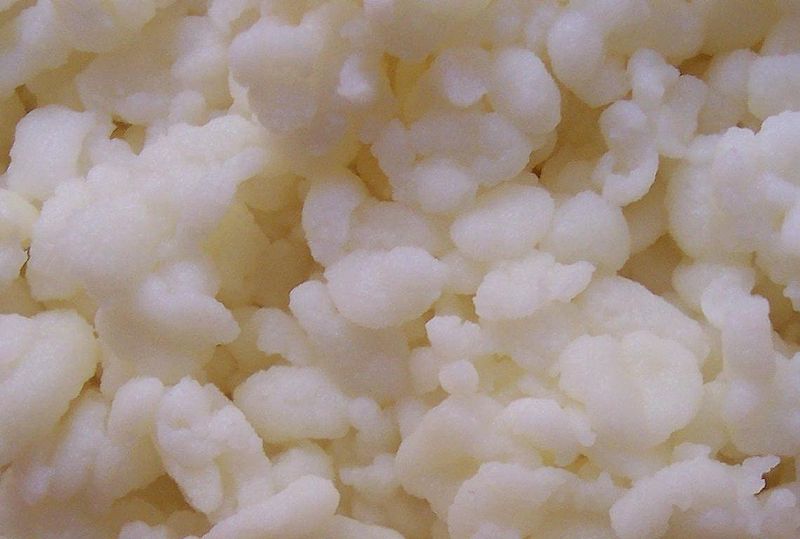
Category: Nutrition
Pharmaceutical companies buying out supplement companies
Last month, the media quietly announced Bayer’s desire to purchase supplement maker Schiff Nutritional for $1.2 billion. Just last week, British drug company Reckitt announced it wanted in on the action, upping the offer for Schiff to $1.4 billion.
No matter who ends up buying it, the sale of Schiff Nutritional would total over a billion dollars, and would put a pharmaceutical company in charge of the production of nutritional supplements.




 Did you know that it has been nearly 100 years since researchers first discovered a link between bacteria and neuroendocrine hormones? In the decades since the first discovery in 1929, researchers have been able to find stronger links between the bacteria that live in our intestines and mental health.
Did you know that it has been nearly 100 years since researchers first discovered a link between bacteria and neuroendocrine hormones? In the decades since the first discovery in 1929, researchers have been able to find stronger links between the bacteria that live in our intestines and mental health.
 In a study published in the journal Neurology earlier this year, researchers noted that diets that regulary include foods rich in omega-3 fatty acids may be able to help middle-aged and elderly adults slow the mental decline that leads to dementia.
In a study published in the journal Neurology earlier this year, researchers noted that diets that regulary include foods rich in omega-3 fatty acids may be able to help middle-aged and elderly adults slow the mental decline that leads to dementia. In
In  Last month, researchers in Canada published
Last month, researchers in Canada published